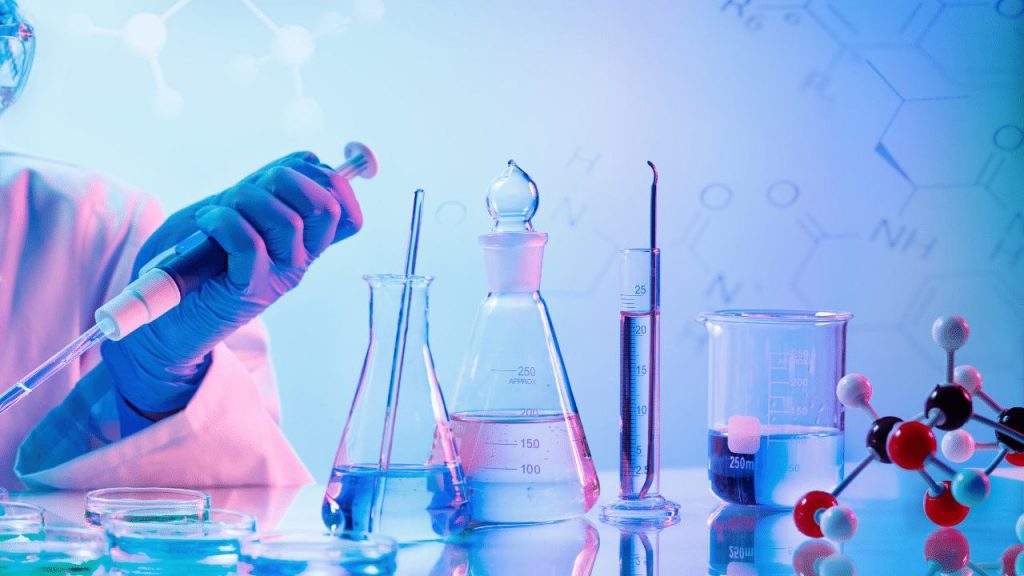Topic Content:
- Introduction to Chemistry
- Scientific Method
- A Scientific Law
- A Theory

Chemistry is a branch of science that deals with the study of matter, its structure, composition, properties, and the changes it undergoes. Other branches of science are biology and physics.
The three main branches of Chemistry are Physical, Inorganic and Organic Chemistry.
The study of Chemistry enables us to acquire certain scientific skills such as handling Laboratory apparatus, performing experiments and thinking scientifically.
We experience Chemistry changes in our everyday life e.g. Cooking, Lighting of matches, Burning of firewood, Rusting of nails etc.
Scientific Method:
The Scientific method deals with Law, theory and hypothesis
A Scientific Law:
It is a statement that describes experimental facts e.g. experiment has shown that all gases are compressible.
A Theory:
A theory Is an idea suggested to explain an experimental fact e.g. compressibility in gases is explained on the assumption that gases are made up of small particles that are far apart.
When an idea is still in the testing stage, it is called a hypothesis
Scientists use their senses to observe what happens around them; this observation accounts for a problem they try to solve. A hypothesis or reasonable explanation is then put forward, and the experiment is carried out. When the hypothesis is tested and found to be correct, it becomes a theory. A tested and proven theory then becomes a Law.
If the experiment gives negative results, the scientist goes back and starts from the hypothesis and finds new ways to improve on it.



Self-explanatory tho
Yeah U re right
Great
Content is easy to comprehend.
Thank you Sir for your time and effort.
awesome
This is so nice.
Easy learning and understanding.
Thank you sir fir your time and effort.
A lovely one. Thanks to the author
The Explanation was really Impactful!!
This is very easy to understand
Good